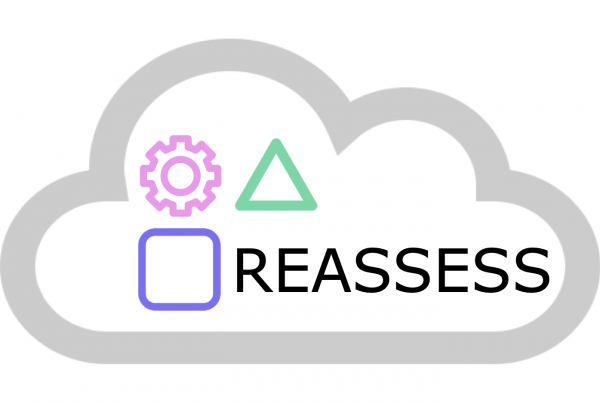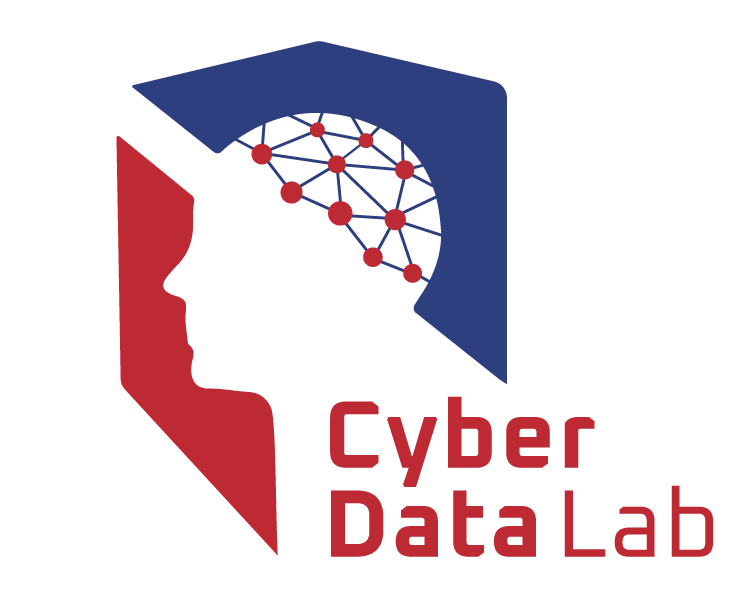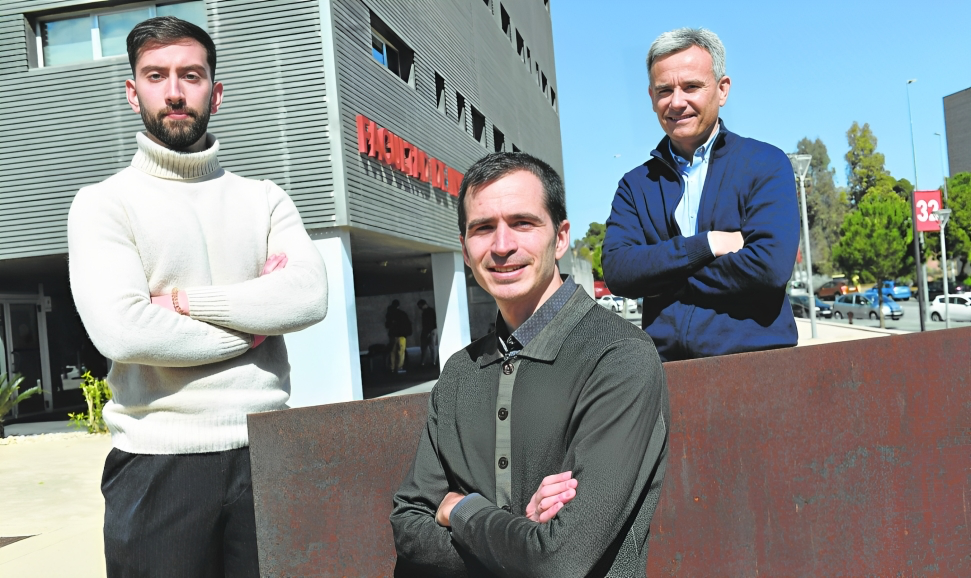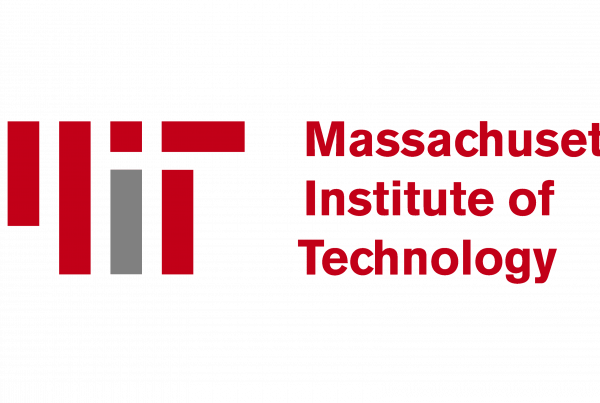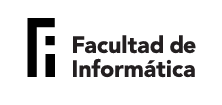A new era in education
In recent years, technology has made a significant impact on almost every aspect of our lives, and education is not an exception. Far from being a temporary fashion, this trend is here to stay, generating countless changes in the traditional educational system. One of these changes is the use of new methods for learning, including the use of games. Specifically, there have been an increasing interest in the use of Serious Games (SGs) (i.e., games designed for purposes other than mere entertainment or fun) due to their ability to provide multiple benefits in environments where games are not traditionally used. SGs are mainly used in education; however, they are also being used in many other areas such as training, employee recruitment, advertisement, or assessment.
Games as a form of assessment
SGs allow to generate more authentic contexts and recreate realistic situations, where skills and abilities can be measured, such as decision-making, problem solving, collaboration, or creativity, among others. In particular, SGs are being explored for their potential to provide more complex and valid assessments compared to traditional forms of assessment, such as paper-and-pencil tests. Game-based Assessment (GBA) is a specific application of SGs referring to a type of assessment that uses players’ interactions with the game as a source of evidence to measure students’ knowledge, skills, and attributes.
Although GBAs provide many opportunities for measuring and evaluating learners’ skills and competencies, one of the main challenges in the area is that the assessment machinery (including metrics, visualizations, and other types of analysis) is typically designed individually for each different game. Thus, the implementation of GBA features in education or training settings can be time-consuming and resource intensive. It is necessary to use technologies that allow us to solve these specificity problems, and a potential alternative is the use of web semantic technologies.
Trying to standardize the GBA area
At the University of Murcia, José A. Ruipérez Valiente leads the project “REASSESS: towaRds intEroperable gAme-baSed ASsESsment as a Service”, supported by other researchers like Manuel J. Gómez Moratilla, who is currently developing his PhD thesis in this research area. Seeking to respond to this need for enabling interoperability in GBAs, the project aims to innovate by defining a common knowledge model to standardize the concepts and relationships present in the area. The main objective of the project is to design and develop the necessary technologies that can facilitate the deployment of an infrastructure that supports Game-based Assessments as a Service (GBAaaS) interoperably across different games.
As a result, this infrastructure could be used transparently by users (teachers, students, or administrators), allowing the reuse of GBA metrics across different games and enabling the analysis of large amounts of data for further analysis and visualization through a set of advanced models.
Improving learning by using GBAaaS
We can see the great potential that GBAs have in many contexts: in education, they are used to measure students’ skills and knowledge as a real alternative to traditional tests; regarding professional environments, companies have begun to use GBA for employee selection; in healthcare, games are also being used for assessment, training and rehabilitation.
So far, the University of Murcia team has achieved the design and development of a common knowledge model to unify some of the most important terms and relationships present in the area. This enables the integration into the model of different data sets that were previously heterogeneous and could not be used jointly for further analyses. Next, their objective is to integrate this knowledge model into a working environment that allows data analysis (using this model) through interoperable evaluation metrics, thus enabling the assessment of skills in games designed for completely different purposes.
The possibility of enabling interoperability between different GBAs could help to simplify the creation and design process, which would also allow to reuse previously developed GBA algorithms and models. In addition, the “service” perspective of the platform could help for it to be consumed in an easy way with some technical requirements to deploy simple games. The future of games as assessment tools seems promising, and the work developed in REASSESS can help to alleviate some of the challenges in the area by providing straightforward interoperable assessments.
More information:
Related Projects & Contracts
